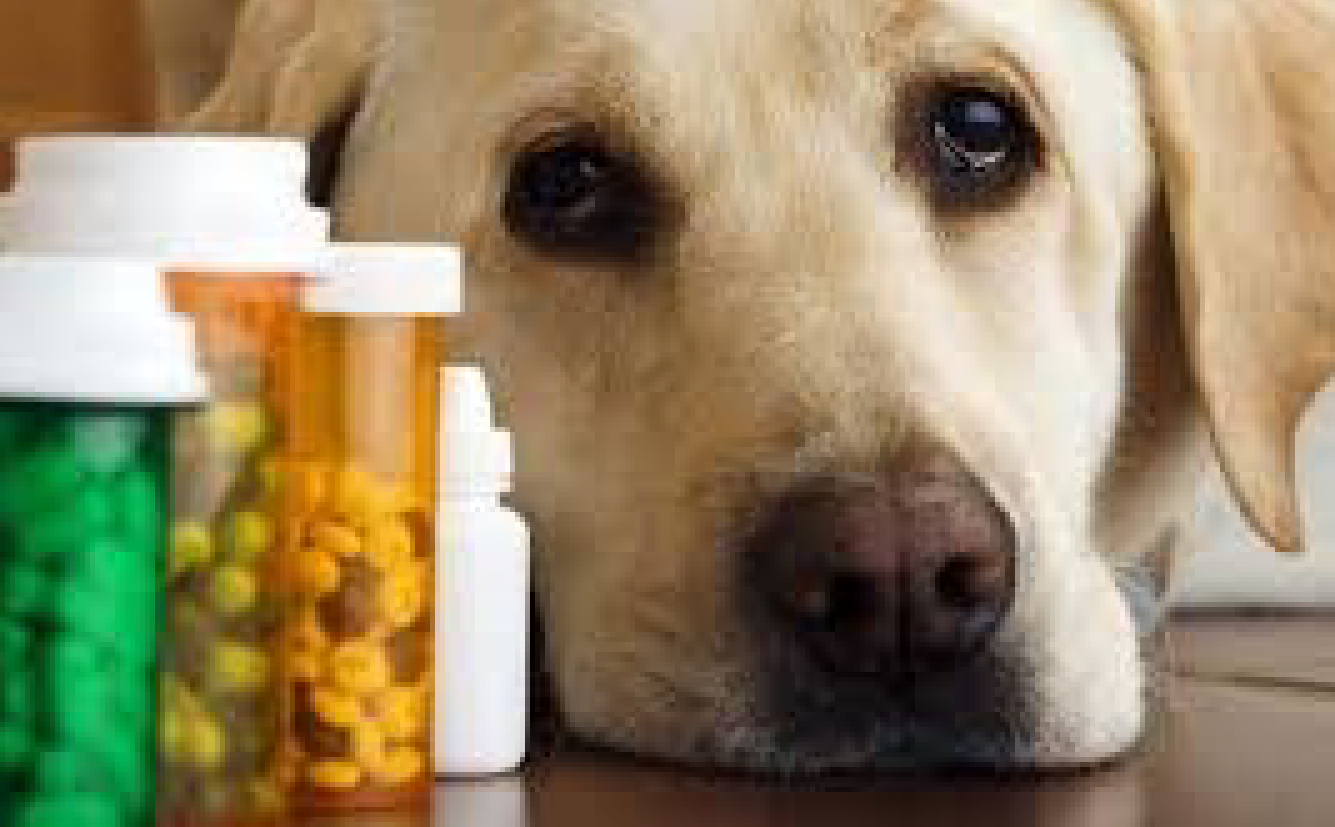Nobody likes a trip to the doctor, definitely not for a needle, and it’s the same for our furry family and the vet.
In saying that, going to the doctor for a little jab is much easier than being admitted to hospital or dealing with the potentially deadly situations that can occur from avoiding that little sting!
It’s probably time more of us look into the potential benefits of getting our furry families vaccinated.
This is not to cause hysteria, debate about vaccination or anyone’s personal view being put out there, and especially not with the current situation the world is in.
Corona virus is wreaking havoc everywhere with many people suffering, and we are putting the global resources into action to scramble for a vaccination against it. On a lesser scale, with no comparisons being drawn, we also need to look at the safety of our pups.
There is currently another virus circulating with a largely increased incidence here in Australia that affects our furry pals, but this one can be prevented.
The Canine Parvovirus, also known as CPV, is a highly contagious disease that occurs in dogs, and can present itself through gastrointestinal symptoms. This virus will predominantly affect pups of less than 6 months of age but will also occur in unvaccinated dogs of all ages.
This virus targets the lining of the intestines and bone marrow which can ultimately cause vomiting and diarrhoea. The symptoms of the virus can vary from depression, loss of appetite that can lead to weight loss, sudden onset fevers, vomiting and diarrhoea where blood can be present.
There is currently nearly a doubled incidence of CPV presenting itself this year versus the whole of 2019 and we are only in May, with dogs in Southeast Queensland and Northern New South Wales seemingly occupying a large portion of cases. In these areas veterinarians are warning pet parents to get their furry family vaccinated as soon as possible.
CPV is highly contagious and can be transmitted through direct contact with an infected pup or by indirectly being exposed to contaminated objects. It is important to bear in mind that your furry pal can contract the virus by also licking, sniffing or consuming infected faeces.
Unfortunately, there is no current cure for the virus however heavy medication and antibiotics will be recommended to help treat your dog. Treatment varies on the level of discomfort your dog is feeling. Dogs experiencing more severe symptoms will most likely require overnight admissions in veterinary facilities for monitoring and supportive care. This is because of the lack of white blood cells caused by the virus attacking the dog’s immune system.
If your furry pal is experiencing any of these symptoms please visit your local vet as soon as possible for treatment.





